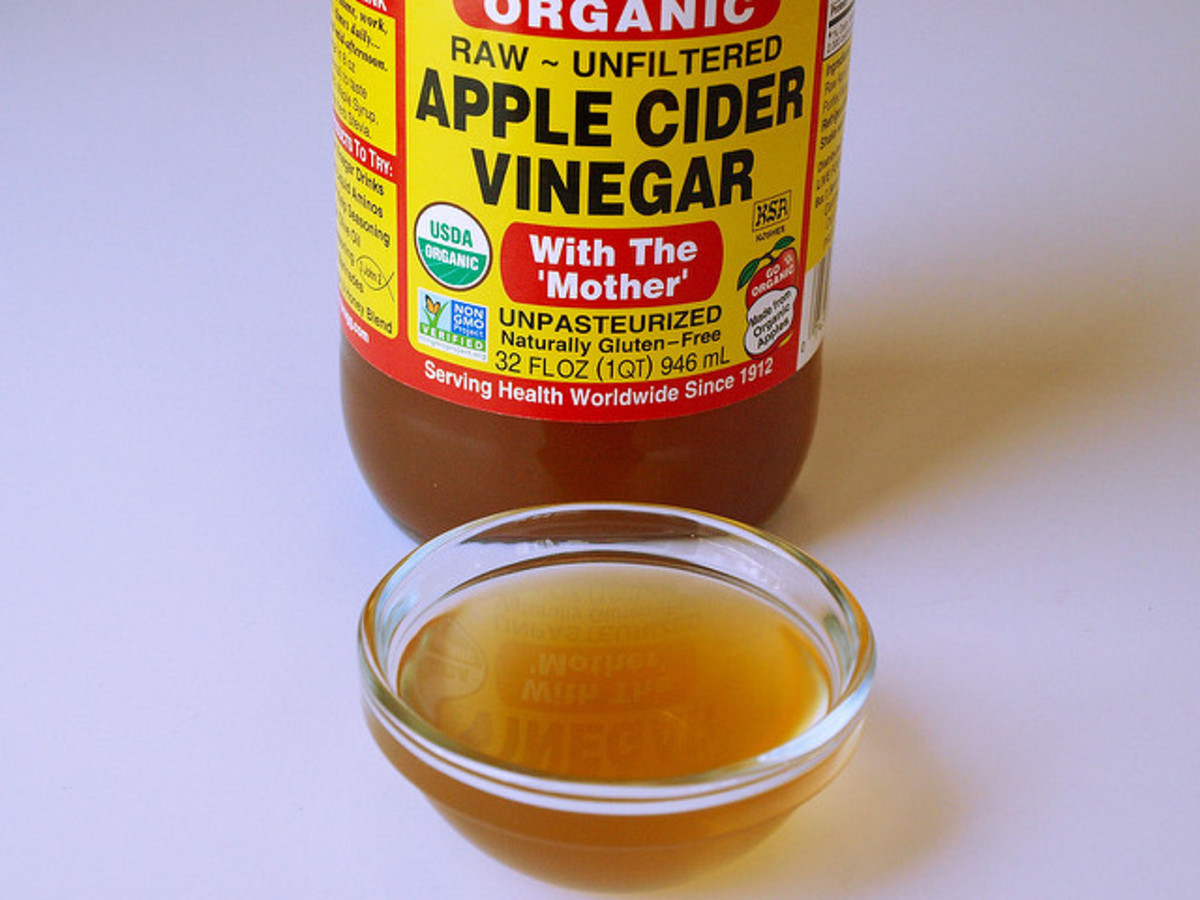5-HTP for Insomnia and Depression
5-HTP; What Is It?
5-HTP stands for 5-hydroxytryptophan, a derivative of the essential amino acid L-tryptophan which has been used, for a long time, for depression and insomnia.
The term “essential amino acid” does not mean quite what you might think it does. There are 22 different amino acids used as protein building blocks in the human body, and all of them are necessary. However, 9 of them (including tryptophan) are termed essential because they cannot be made in humans and must therefore be supplied in the diet. The other 13 can be made by modifications of the 9. Some of the 13 are essential in some circumstances because the body cannot make enough.
Tryptophan in particular, apart from its use in forming part of the structure of proteins, is used to make various other important chemicals in the body. The three relevant here are niacin, serotonin and melatonin.
Tryptophan is converted into 5-HTP and N’-formyl kynurenine. 5-HTP is converted into serotonin and eventually into melatonin; the other eventually becomes niacin through a long series of reactions. Serotonin has many regulatory functions, but its main effect as far as the subject of this Hub is concerned is to “lift the mood” and thus increasing serotonin levels (within reason) can help with depression. Melatonin’s main function is to regulate the diurnal cycle; lack of melatonin tends to lead to insomnia. However, melatonin has other functions; it is a hormone, and although it used to be available in the UK as a supplement it has been banned in the UK for many years now.
The supply of L-tryptophan in the diet is fairly limited, and if too much of it is used to form niacin one might expect formation of 5-HTP and its metabolites to be reduced. In turn, one might well expect that if the supply of niacin from external sources is optimal then more would be usable to make 5-HTP and it metabolites, and therefore one might expect supplementation with niacin (particularly in the niacinamide form) to help lift the mood; this does appear to be the case.
This all means that supplementation with L-tryptophan ought to help with depression and insomnia, and indeed it does. However, 5-HTP is probably better for this purpose because it cannot be diverted into production of niacin, as 5-HTP is already beyond the “branch point” in the metabolism. Therefore, smaller amounts of 5-HTP work as well as larger amounts of tryptophan for the purpose of helping depression and insomnia.
There is another reason for using 5-HTP instead of tryptophan, and this is that tryptophan in adequate dosage is very rare and difficult to get. The reason is basically historical.
There was a large tryptophan-related outbreak of eosinophilia-myalgia syndrome (EMS) in 1989, which caused 1,500 cases of permanent disability and at least thirty-seven deaths. This was eventually traced to one particular manufacturer of the L-tryptophan powder used in many supplements, which released a batch that had been inadequately purified and tested and hence contained a toxic contaminant. Although this had been established by 1991, it wasn’t until 2002 that the ban on L-tryptophan supplements was lifted in the USA and the UK. Even after the ban was lifted, the dosage allowed in tablets was reduced; the most common dosage before this affair was 500mg and now (at least in the UK) it is 200mg - which, for most people, is of very little use.
Somewhat before this, 5-HTP was found to be present in commercially useful amounts in the seeds of the previously obscure African plant Griffonia simplicifolia. This in turn meant that the production of supplements of 5-HTP became practical, especially as it is useful in smaller doses (50-100mg) than is tryptophan. This led to the marketing of 5-HTP as an aid to insomnia and depression, in which use it is highly effective.
The benefits of 5-HTP as a supplement are its use in mild depression and helping with insomnia. 50-100mg per day is usually used. For use with insomnia, take one tablet about half an hour before bed.
One caution with 5-HTP and tryptophan is a rather common one. Use of either of these supplements while taking any brain-altering drugs such as tranquillisers or antidepressants is definitely not recommended except, possibly, under professional supervision. It probably won’t go too well with alcohol, either.
5-HTP and L-Tryptophan










